Florida Should Share Lottery Revenue with Veterans Groups, Military Orgs Say
Posted on: September 4, 2017, 05:00h.
Last updated on: September 4, 2017, 09:46h.
Sunshine State veterans groups think they’re just as worthy of receiving a portion of the profits generated by the Florida Lottery as public education. And now they’ve banded together to initiate legislation that will push towards making that belief a reality.
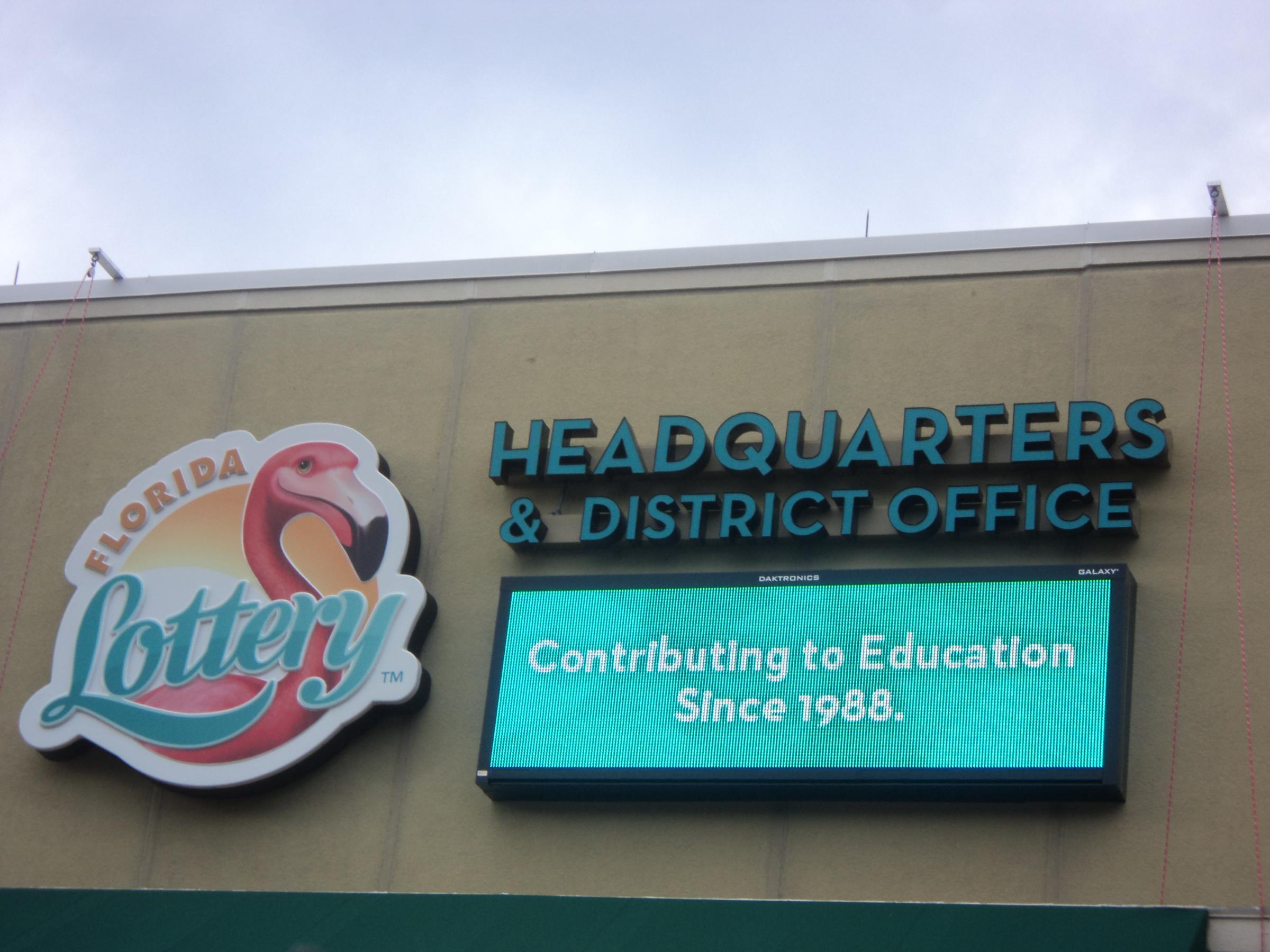
William Helmich, a lobbyist in the state capital of Tallahassee working on behalf of the Veterans of Foreign Wars (VFW) and the American Legion, told Jacksonville news outlet WJXT4 that federal funding is lagging behind demand for ex-service members. He says 1.7 million veterans are living in Florida, and they need additional help.
Before lottery proceeds can be given to the VFW or American Legion, a state constitutional amendment would need to be approved by voters. The lottery law passed in 1986 mandated that revenues after costs and prizes be designated for the State Education Enhancement Trust Fund (EETF).
To date, the Florida Lottery has contributed over $32 billion to that fund. The EETF provides money for books and supplies in public schools, as well as secondary education tuition assistance through the Bright Futures Scholarship Program.
Apples and Oranges?
Critics to altering where lottery money now goes argue that allocating funds for veterans groups would mean fewer scholarships for deserving students. Helmich disagrees, opining that should the lottery introduce a game designated specifically for the benefit of vets, overall revenues would grow.
“It can be a scratch-off, it can be a separate pool, it’s however the lottery wants to do it. And then the money … would be up to the legislature on how to disperse it,” Helmich explained.
Numerous states already use part of their lottery money to fund veteran nonprofits: Iowa, Oregon, Kansas, Texas, and Illinois, to name a few. But lobbyist Frank Mirabella, who helped lead the campaign to authorize the Florida Lottery back in the 1980s, believes the use of funds shouldn’t change.
“There’s lots of kids that can’t go to college. If they took those funds away from education, many more kids would not go to college,” Mirabella stated.
Lottery Alive and Well
Lottery sales in the US have increased every year since 2009, with almost $81 billion in receipts collected in 2016 alone. Forty-four states have a lottery, as does the District of Columbia, Puerto Rico, and the US Virgin Islands. Alabama, Alaska, Hawaii, Mississippi, Utah, and Nevada are the six states which do not have a lottery.
One reason lottery sales continue to grow is due to Powerball.
The Multi-State Lottery Association tweaked the popular game in 2015, when it decreased the number of Powerball options from 36 to 26, but increased the number of white balls from 59 to 69. The modification lengthens the odds of someone hitting the jackpot, which means the big prize is routinely carried over.
The progressive jackpot has already set two US lottery jackpot records. Just last week, a Minnesota woman solely won a $758.7 million Powerball, the second-highest jackpot in American history. Three lucky winners claimed a $1.56 billion Powerball in January of 2016.
Related News Articles
David Baazov’s Lawyer Grills AMF, Claims Regulator’s Case Is Full of Holes
MGM Japan to Open in 2025, CEO Jim Murren Hints
Most Popular
FTC: Casino Resort Fees Must Be Included in Upfront Hotel Rates
VEGAS MYTHS RE-BUSTED: The Mob Buried Hundreds of Bodies in the Desert
Genovese Capo Sentenced for Illegal Gambling on Long Island
NBA Referees Expose Sports Betting Abuse Following Steve Kerr Meltdown
UPDATE: Former Resorts World & MGM Grand Prez Loses Gaming License
Most Commented
-
Whiskey Pete’s Casino Near Las Vegas Closing After 47 Years
— December 17, 2024 — 25 Comments -
Caesars Virginia in Danville Now Accepting Hotel Room Reservations
— November 27, 2024 — 9 Comments -
UPDATE: Former Resorts World & MGM Grand Prez Loses Gaming License
— December 19, 2024 — 8 Comments -
NBA Referees Expose Sports Betting Abuse Following Steve Kerr Meltdown
— December 13, 2024 — 7 Comments
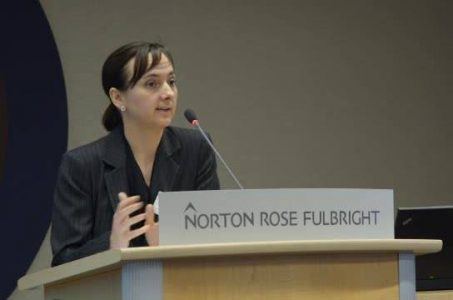
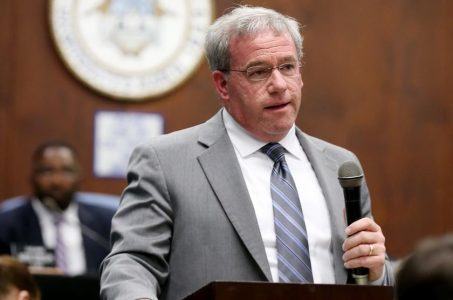

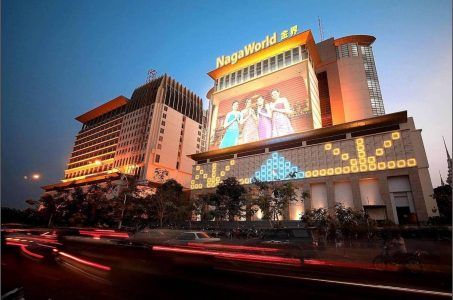










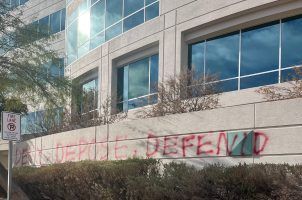

No comments yet